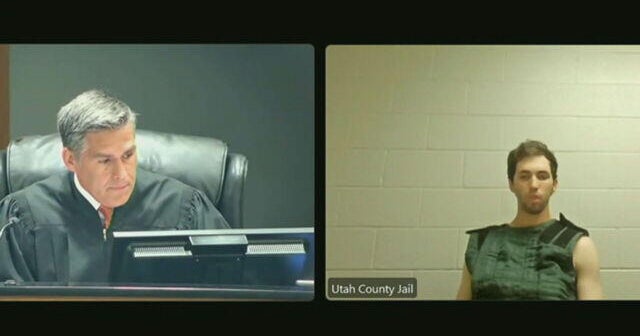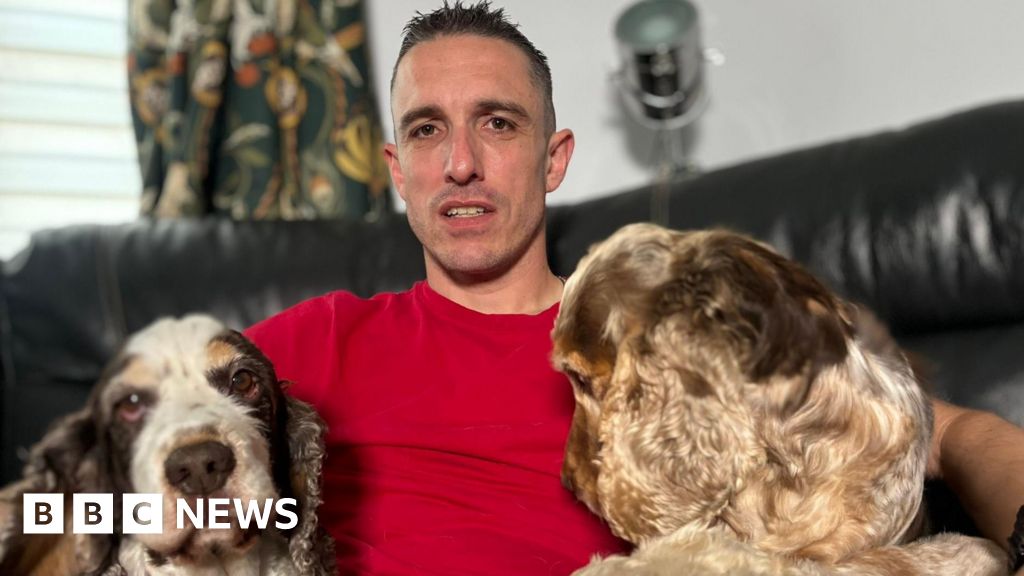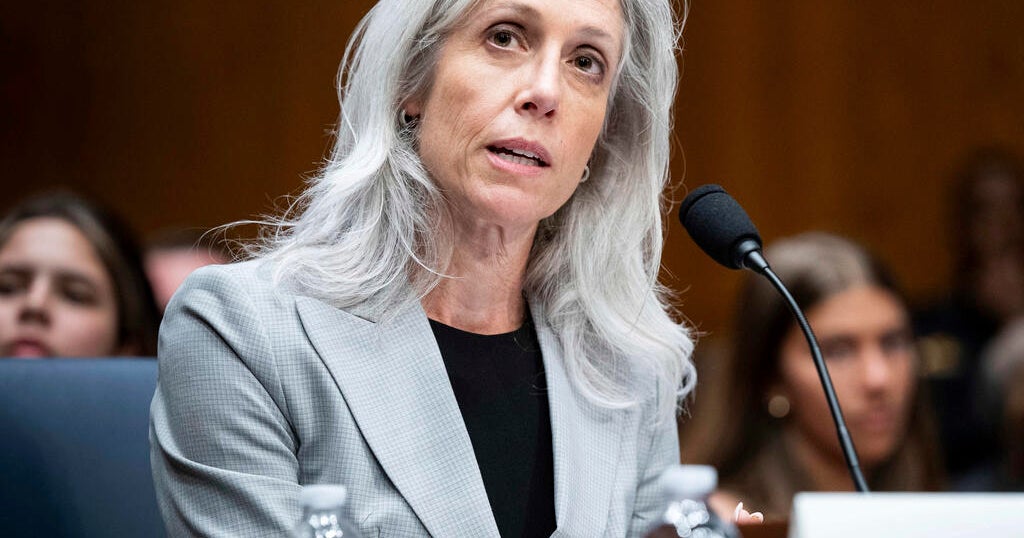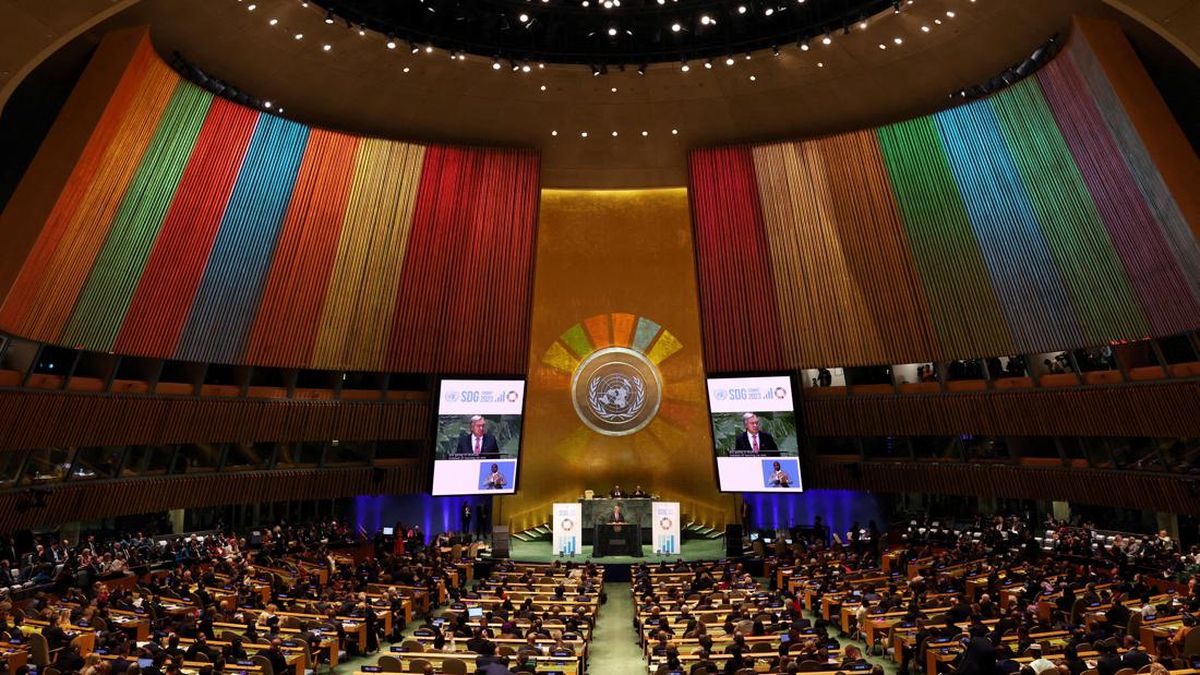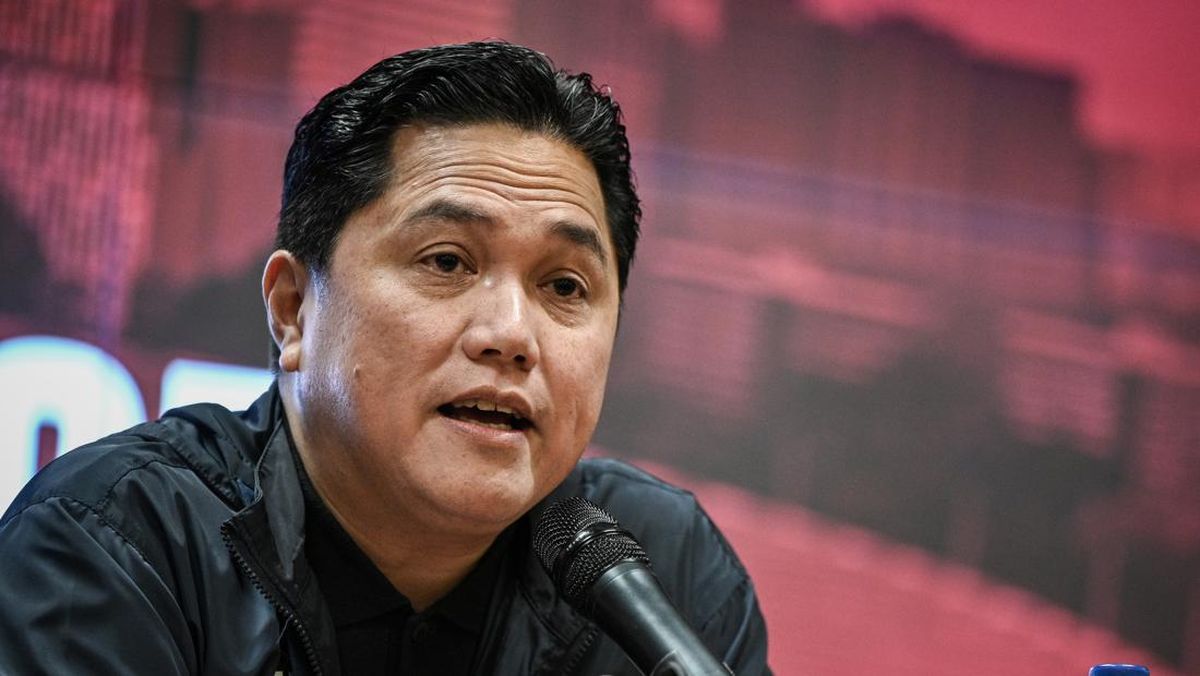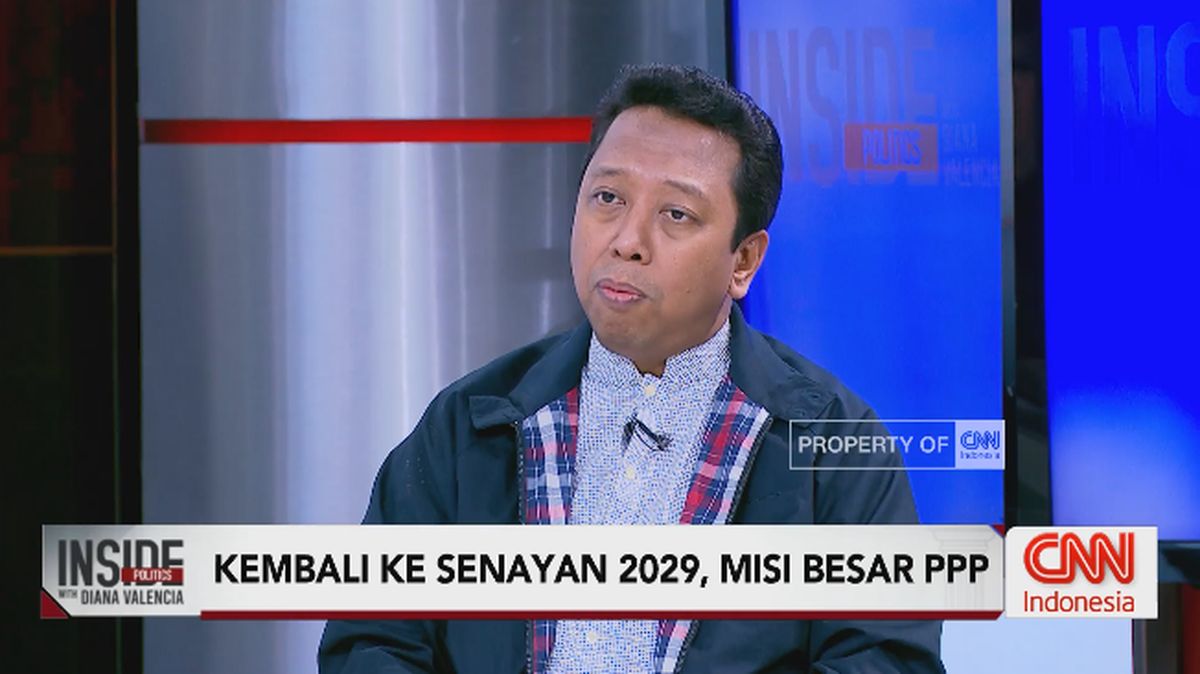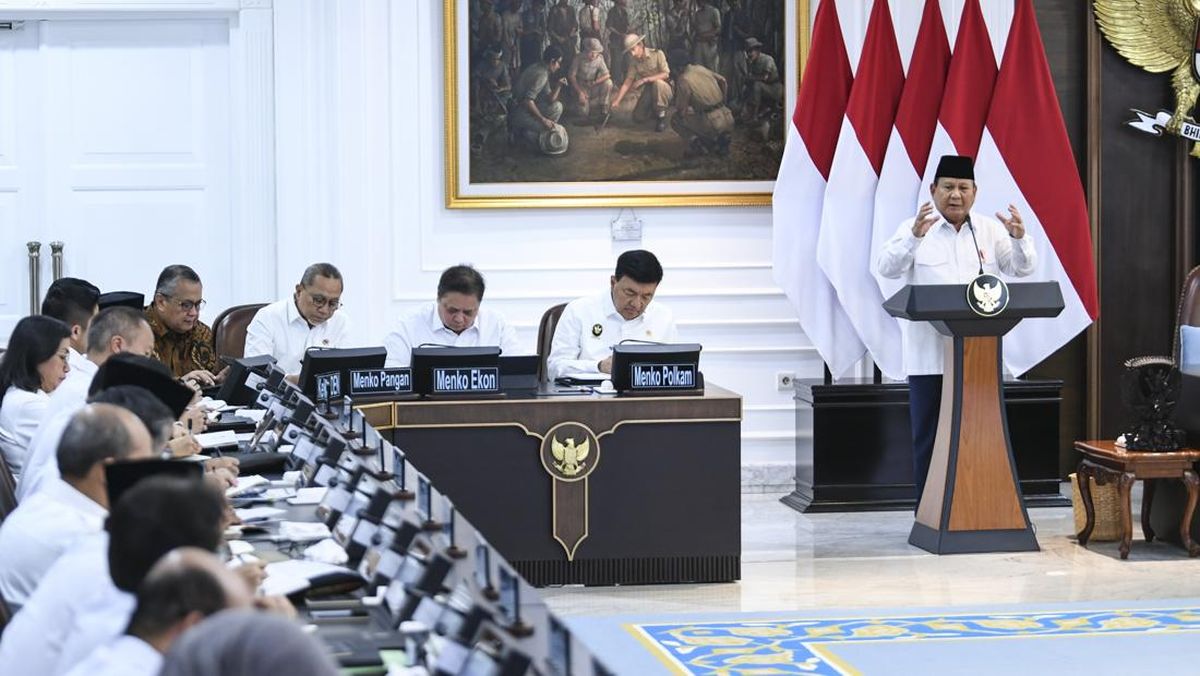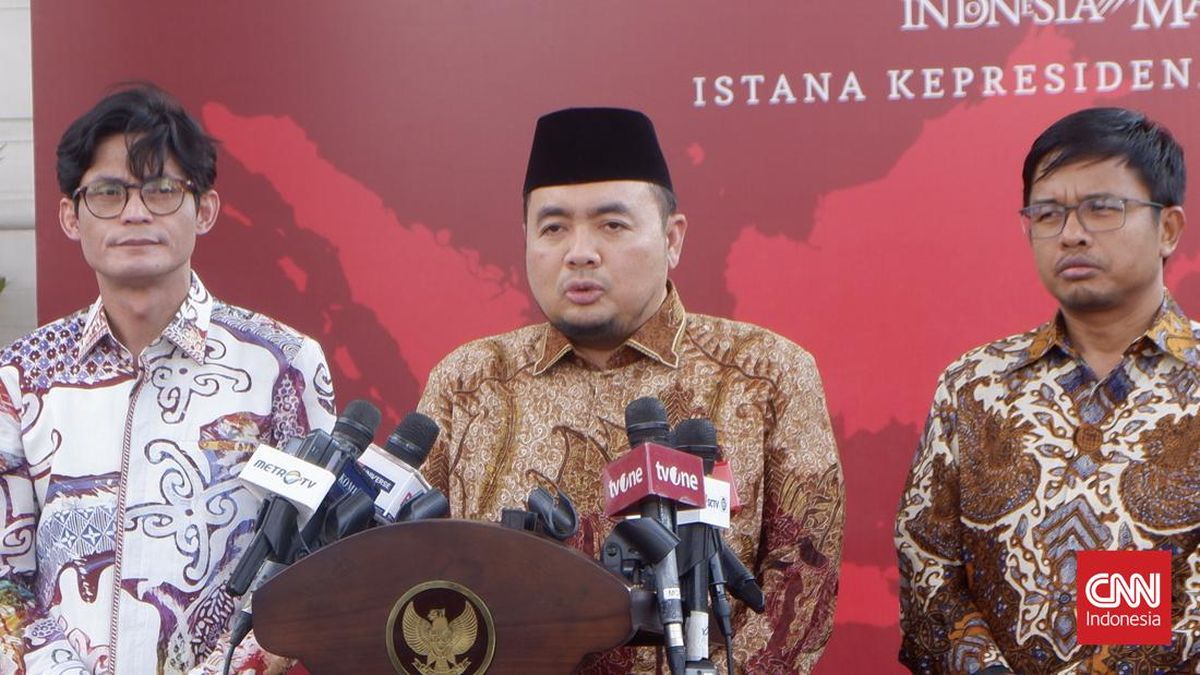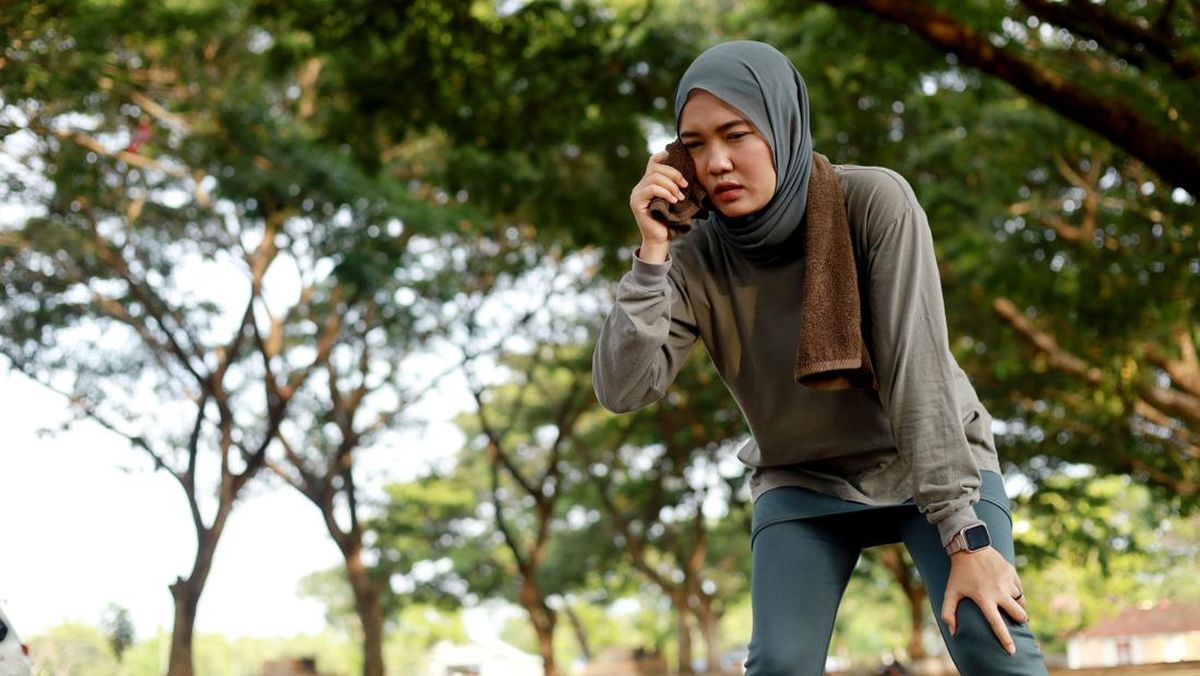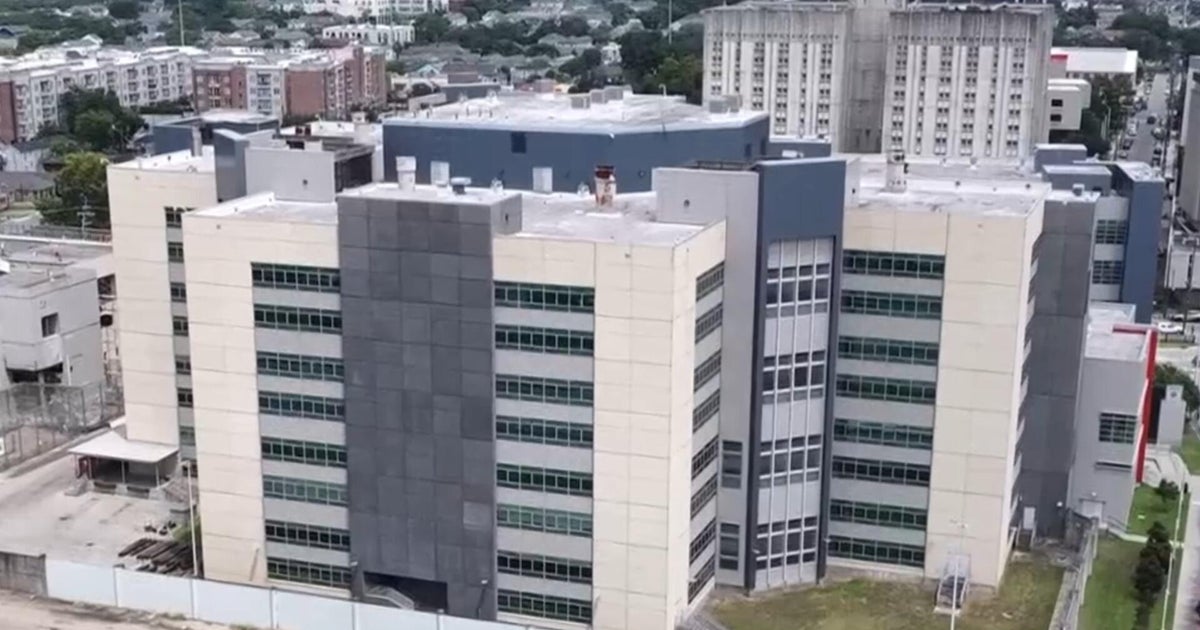Labor’s signature policy to lift taxes on people with $3 million in superannuation is in limbo, with no plans to debate it in parliament and growing expectations within the government it might roll back elements of its plan to tax paper profits.
Shadow treasurer Ted O’Brien labelled the government “cowards” for going slow on its plan to double the concessional tax rate from 15 to 30 per cent on superannuation earnings for those with high balances, in a move expected to raise $2.7 billion in its first full year of operation.

Despite going to the election with his superannuation tax changes, Treasurer Jim Chalmers has yet to bring them before parliament.Credit: Alex Ellinghausen
Any watering down would undermine the federal budget, as the change is one of the government’s only revenue-raising proposals, but could address pushback from the opposition, former prime minister Paul Keating, and long-serving former union movement chief Bill Kelty.
A source familiar with the super tax plan said the government was thinking about how to refine the policy to avoid creating worry among future retirees and undermining confidence in the retirement savings system.
Two stakeholders speaking to the government about the proposal in recent weeks, unwilling to divulge the conversations publicly, said there was anxiety within Labor about a Coalition scare campaign over the changes.
Loading
As a result, the sources said the government was now re-examining minor details of the plan, although it is not clear if the policy will be amended. The government privately insists the plan remains intact.
The plan was included in the 2023 federal budget and is not due to start until the end of this financial year.
If the start date of the super tax was pushed, the policy could be included in a broader government tax reform agenda flagged by Chalmers last month.
Labor won a mandate for the change at the last election, but needs the Greens to get the proposal through the Senate.
The Greens are open to passing the bill in its current form, although the minor party would prefer the $3 million threshold reduced to $2 million and indexed to inflation.
Despite the Greens’ support meaning all-but-guaranteed passage through the Senate, the government is not engaging in talks with the minor party about the bill.
Some critics, including economists and business people, have claimed the government that taxing unrealised gains would be “unprecedented”. Local council rates are a tax on the unrealised gain of land.
A source aware of the government’s discussions said the $3 million threshold was unlikely to be modified. But the issue of unrealised gains, which has attracted the most criticism, is where the government may shift.
The government needs extra revenue to help repair the budget. Gross government debt on Friday hit an all-time high of $965.6 billion, with the budget deficit this financial year expected to reach $42.1 billion.
O’Brien said it appeared the prime minister had stepped in to take the policy off the agenda.
“No one’s ever accused Anthony Albanese of being a detailed guy, but somebody has gotten to him, and he is a politician through and through,” O’Brien told radio station 2GB after the Australian Financial Review first reported the possible changes.
“And I think he now realises that we are not going to let go of this. If they are going to be unfairly targeting not just Australians who have ... a fair balance in super, this is going to impact young Australians because they’re not indexing it.”

Shadow treasurer Ted O’Brien says Anthony Albanese is being a coward by not bringing forward the government’s super proposals.Credit: Alex Ellinghausen
“Even if they use the Greens to pass this through, we’ll be calling them out on it, because it is grossly unfair. It’s an attack on aspiration.”
Independent economist Chris Richardson said the government’s decision to increase overall taxation on high-value superannuation accounts was a small step towards filling a substantial hole in the entire tax system.
He said ditching or modifying the planned tax on unrealised gains would have a substantial impact on the $2 billion a year in additional revenue the change is expected to raise once it’s fully operational.
“It’s a fair chunk of money that will be lost,” he said.
“The government has to do something, and what it’s come up with is a Band-Aid. By changing it like this would leave you with half a Band-Aid.”
Loading
An option open to the government is to exclude some groups from the tax on unrealised gains.
The National Farmers’ Federation has critical of that element of the government’s plan. Federation president David Jochinke said the government should recognise the harm it could cause up to 3500 farmers.
He said the federation was open to working with the government to fix what he called its “major failings”.
“Taxing paper gains on family farms that are never sold is extraordinary,” he said.
Most Viewed in Politics
Loading

